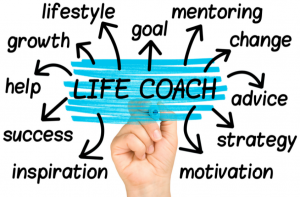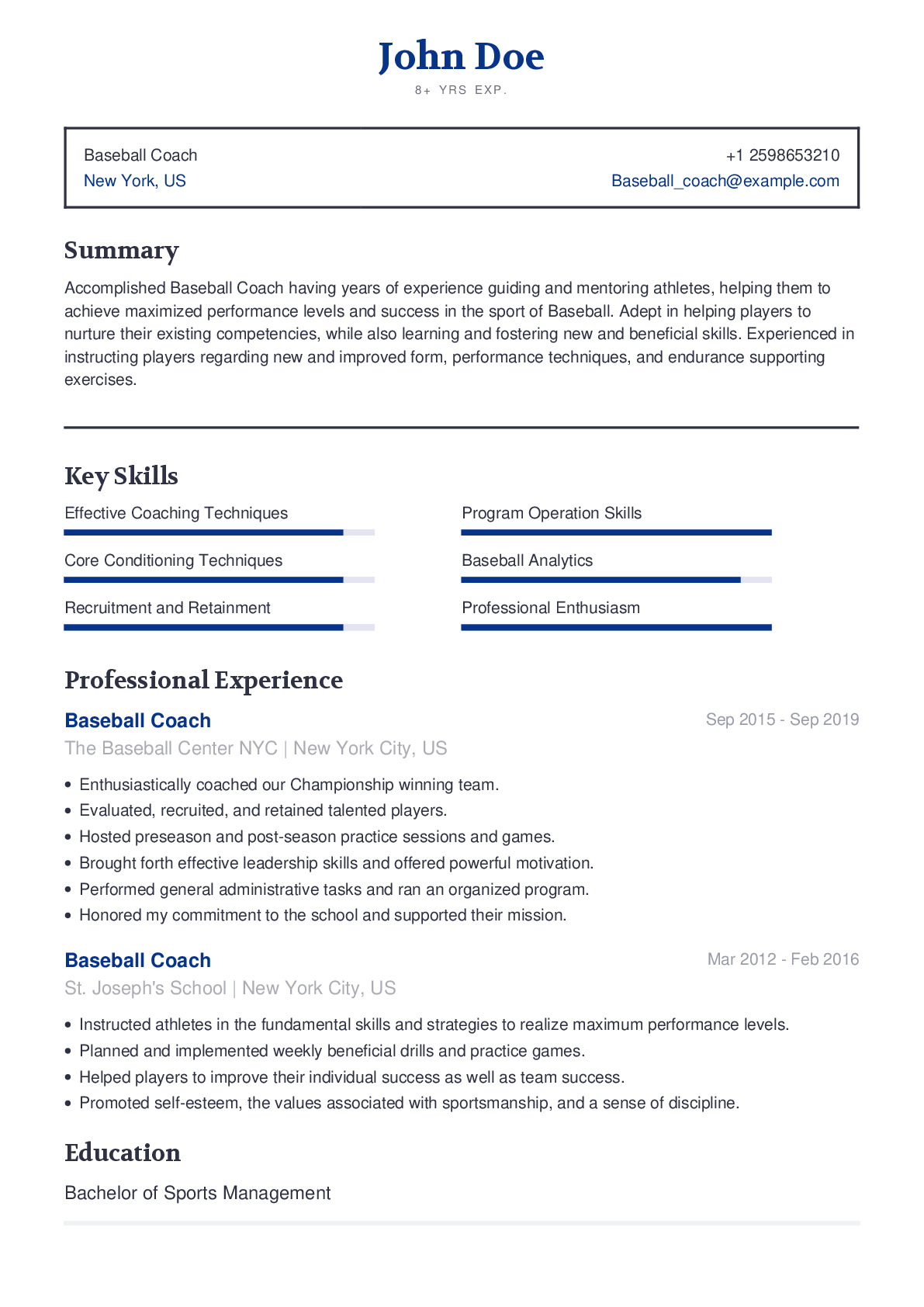
GROW's coaching model allows for a structured and systematic coaching session. It centers around a topic that has been identified by the client. The standard GROW model is then applied to the topic. If multiple issues are identified, each topic is treated as a separate coaching assignment. The client should be comfortable with the GROW model and feel comfortable sharing their own experiences and learnings.
GROW model
GROW is a powerful approach to personal development and goal setting. GROW encourages you to set inspiring and challenging goals. This method helps leaders develop self-motivation, which is a key ingredient for success. The GROW approach involves questions that help clients uncover their own potential and personal connection to their goals. This helps clients find solutions to their problems. This coaching method is popular in companies because it encourages growth for all employees.
GROW works best for millennials as well as intergenerational workplaces. It empowers them to become change agents within the organization. The mentor can help the mentee take action by focusing on certain behaviors.
Coaching model WOOP
The WOOP coaching model is a way to think about the steps needed to reach a goal. This process helps a person form specific goals and identify obstacles. It also helps a person stay motivated while thinking through their goals. It is especially beneficial for coaches who desire to help others achieve goals.

WOOP was developed by Gabriele Oettingen, professor of psychology at New York University of Hamburg. Since many years, she has been studying self-regulation. Her book "Rethinking Positive Thinking" outlines steps that can be taken to help people achieve their goals.
RE-GROW coaching model
RE-GROW's coaching model helps you identify and solve client problems. It's easy to use and comprehend. The first step is to define the problem and determine a Goal and Obstacle. The RE-GROW Coaching Model can be used once these have been identified to break down the problem into their individual components. The model can be applied to a variety of problem types, from process to interpersonal. This model is also helpful for groups or teams working on one problem.
It's essential to understand your mentees' goals when using the RE/GROW coaching system. Once you understand the gap, the next step is to help them make decisions. This will increase their motivation and establish their will.
T-GROW coaching models
T-GROW allows clients to choose a specific area to be addressed. TGROW is especially helpful for coachees who are dealing with multiple issues simultaneously. It allows them to concentrate on one issue and define the context.
GROW is an acronym for four key phases. Each phase leads to a clearly defined end result. Each phase includes the coachee being involved in identifying and formulating solutions. It promotes active client involvement and decision-making.

Coaching model for the Inner Game
The Inner Game coaching model is focused on improving the relationship between the subconscious and conscious self. This relationship influences your ability apply technique. Developing this relationship is the key to better tennis performance. Although your conscious self attempts to tell the subconscious how to behave with words, your subconscious prefers images and internalized experience.
Gallwey is a pioneer in sports psychology and created the Inner Game model to help athletes succeed. Although he was inspired by his experience working with tennis players to create this coaching framework, its principles can be applied to all athletes.
FAQ
What are you focusing on when coaching life?
It is the ability to help others develop their talents and strengths in order to achieve their goals.
Understand how they think, what motivates them, and where they go wrong. To help them solve their problems.
To empower them to have control over their lives and give them self-belief.
To help them learn from mistakes to move forward into the future.
Teach them how you can make them happier, healthier, more fulfilled, as well as more successful.
To assist them in developing practical communication skills.
To help them build strong friendships.
To teach them how to effectively manage their time.
To help them understand how to motivate themselves and others.
To teach them to lead by example.
What will I get out of my life coaching sessions?
We will discuss your goals and needs during your first life coaching session. Then we'll discuss your goals and identify the obstacles to reaching them. Once we have identified any problems, we can create a plan that will help you reach them.
We will follow up every month or two to see if things are going according to plan. We are happy to help you with any questions.
We are here as your guide throughout this process. You will always feel like we are there for you.
A life coach can help with anxiety.
It's important to understand that many types of anxiety disorders exist. Every person responds differently to the same stimulus. The best way for you to approach an anxious client, is to first identify their type of anxiety.
This will help you create a plan to address their particular problem.
Life coaching, in general, helps people to take control of their lives.
Look into whether the coach is trained to help clients deal with these issues.
Also, make sure to ask if the coach offers workshop and group counseling.
You can meet regularly with your loved one to discuss the progress and make improvements.
Also, inquire about the coaching experience and credentials.
What should I expect during my first session with a Life Coach?
The typical time it takes to meet with a Life Coaching Coach is approximately one hour. You'll meet with your coach face-to-face for the first time.
At this stage, your coach will ask you about your current situation, what you'd like to change and why, and how much support you want from them. This information will help them tailor their approach to suit you.
It is possible that you will be asked to complete a questionnaire in order to help your coach understand you better.
Your coach will discuss the services they offer, and their fees, at the conclusion of your first meeting. Together you will decide which services are best suited for you.
Statistics
- People with healthy relationships have better health outcomes, are more likely to engage in healthy behaviors, and have a decreased mortality risk.1 (verywellmind.com)
- According to relationship researcher John Gottman, happy couples have a ratio of 5 positive interactions or feelings for every 1 negative interaction or feeling. (amherst.edu)
- Life coaches rank in the 95th percentile of careers for satisfaction scores. (careerexplorer.com)
- Needing to be 100% positive and committed for every client regardless of what is happening in your own personal life (careerexplorer.com)
- If you expect to get what you want 100% of the time in a relationship, you set yourself up for disappointment. (helpguide.org)
External Links
How To
Which problems can life coaches resolve?
Life coaching is an effective method for dealing with personal issues such anxiety, stress, depression, self-doubt, relationship problems, career challenges, and other difficulties. It assists clients in identifying their goals and developing strategies to reach them.
Clients benefit from life coaching because they learn how to:
-
Find out what is important to them
-
Set goals
-
Understand themselves better
-
Make positive changes
-
Manage stress
-
Concentrate on what they want
-
Find solutions for your problems
-
Learn new skills
-
Change negative patterns
-
Have more fun
-
Be more productive
-
Take control of their lives
-
Overcome obstacles
-
Develop good communication skills
-
Improve relationships
-
Be able to deal with difficult situations effectively
-
Live a happier, healthier life
-
Feel more confident
-
Be rational in your decisions
-
Create meaningful experiences
-
Be more successful
-
Spiritual growth
-
You can improve their physical health
-
Increase your longevity
-
Reduce risk factors for illness
-
Make yourself emotionally stronger
-
Gain insight into their behaviors
-
Stop committing bad behaviors
-
Achieve balance between work and play
-
Enjoy life more
-
Enjoy more joy
-
Live a richer life
-
Be more successful
-
Keep moving forward
-
You can learn to manage better
-
Increase mental clarity
-
Heal from past trauma
-
Turn negatives into positives
-
Transform limiting beliefs